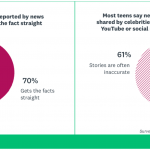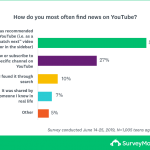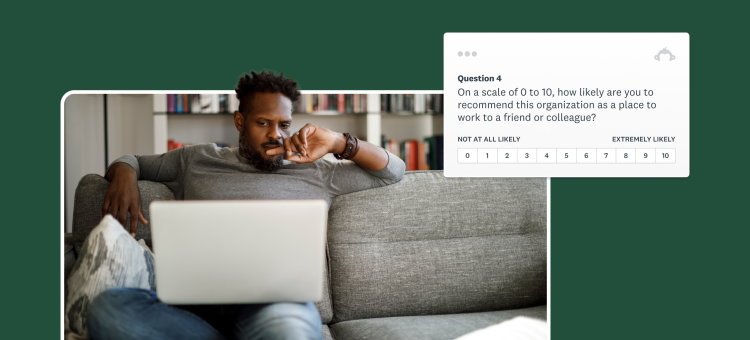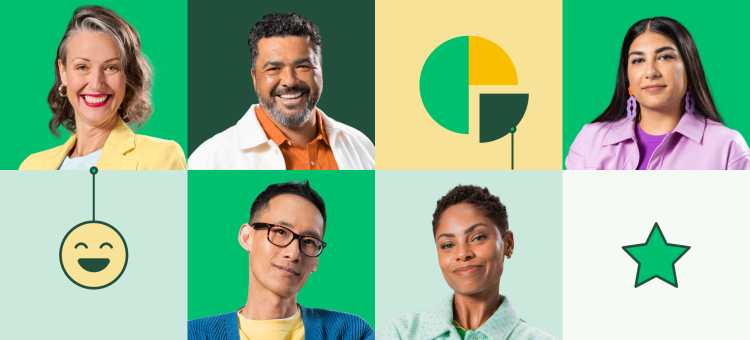A large majority of teens age 13 to 17 in the U.S. (78%) say it’s important to them to follow current events, and their news habits reflect the diversity of the modern media landscape.
Results from a new Common Sense Media|SurveyMonkey poll show that teens get their news more frequently from social media sites (e.g. Facebook, Twitter) or from YouTube than directly from news organizations themselves. Nearly three in 10 teens (29%) get news from social media every day and 23% get news from YouTube every day. About as many (23%) get news every day from digital news aggregators or from phone notifications. Just 15% get news reported by news organizations in print or online every day, and 13% get news on TV every day.
Teens clearly prefer a visual medium for learning about the news. A majority (64%) say that “seeing pictures and video showing what happened” gives them the best understanding of major news events, while just 36% say they’d prefer to read or hear the facts about what happened.
Teens can discern fact from fiction
As the data above show, news organizations are not the primary sources for most teens’ knowledge of current events. While most news organizations maintain accounts on Facebook, Twitter, YouTube, and other platforms, they are still competing for attention against corporate brands, celebrities, “influencers,” and personal connections.
In fact, teens are about equally likely to say they are primarily informed about current events by news organizations (31%) as they are by family, friends, or teachers (33%) and by influencers or celebrities they follow online (31%).
About six in 10 teens who get news from YouTube and social media sites say they are more likely to get it from celebrities, influencers, and personalities than news organizations on those platforms.
But, teens—for the most part—are able to distinguish fact from fiction. Seven in 10 overall (70%) say that news reported by news organizations “generally gets the facts straight,” while just 38% say the same about news from celebrities, influencers, or social media personalities.

Nearly two in three teens who get news directly from news organizations say doing so has helped them better understand current events. That’s nine percentage points higher than among teens who get their news from YouTube (56%) and 12 points higher than among teens who get their news from social media sites (53%).
Nearly two in 10 teens (19%) actually say that getting news from social media has made them more confused about current events.
How YouTube and social media influencers drive the news conversation
Among all teens who get their news on YouTube—regardless of how often—exactly half (50%) say they most often find news on YouTube because it was recommended by YouTube itself (i.e. as a “watch next” video or in the sidebar). Almost half as many (27%) say they follow or subscribe to a specific channel for news on YouTube, and fewer say they find their news on YouTube through search (10%) or because it was shared by someone they know in real life (seven percent).

Among teens who get their news from YouTube every day, a plurality (40%) say they most often find news videos to watch because they’ve subscribed to a specific channel, and the number who rely on YouTube to provide recommendations falls to 38%.
Teens who get their news on YouTube every day are more likely than others to say they get their news primarily from celebrities influencers, and personalities (71% vs. 60% among all YouTube news viewers).
Teens who get their news on YouTube every day are also more likely than others to say that doing so helps them better understand current events (71% vs. 56% among all YouTube news viewers). Similarly, teens who get their news from social media every day are more likely than others to say that doing so helps them better understand current events (73% vs. 65% among all who get news from social media).
Question text:
How important is it to you to follow current events in the news?
What do you find gives you the best understanding of major news events--reading or hearing the facts from what happened or seeing pictures and video showing what happened?
My knowledge of current events is primarily informed by: people I know in the real world, such as friends, family, or teachers / personalities/influencers/celebrities I follow on social media or YouTube / News organizations
How often do you get news from digital news aggregators like Apple News or Google News, or from notifications on your phone?
How often do you watch the news on television?
How often do you get news by listening to podcasts?
How often do you get news from YouTube?
How often do you get news from social media sites like Facebook or Twitter?
How often do you get news reported by news organizations in print or online?
In general, do you believe that getting news from YouTube has made you better understand current events or made you more confused about current events, or has it not made much of a difference?
When you get your news on YouTube, are you more likely to get it from celebrities, influencers, and personalities, or from news organizations?
How do you most often find news on YouTube? It was shared by someone I know in real life / I found it through search / I follow or subscribe to a specific channel on YouTube / It was recommended by YouTube (i.e. as a "watch next" video or in the sidebar)
In general, do you believe that getting news from news organizations has made you better understand current events or made you more confused about current events, or has it not made much of a difference?
In general, do you believe that getting news from social media sites like Facebook or Twitter has made you better understand current events or made you more confused about current events, or has it not made much of a difference?
When you get your news on social media sites like Facebook or Twitter, are you more likely to get it from celebrities, influencers, and personalities, or from news organizations?
Whether you get your news from them or not, do you think news from celebrities, influencers, or personalities who share content on YouTube or social media sites like Facebook or Twitter generally gets the facts straight, or do you think these stories and reports are often inaccurate?
Whether you get your news from them or not, do you think news reported by news organizations generally gets the facts straight, or do you think their stories and reports are often inaccurate?
How often do you discuss political issues with people who have different views than you?
How often do you get news from sources that have different views than you?
Will you be eligible to vote in the 2020 presidential election?
How likely are you to vote in the 2020 presidential election?
*teenagers *consumers




